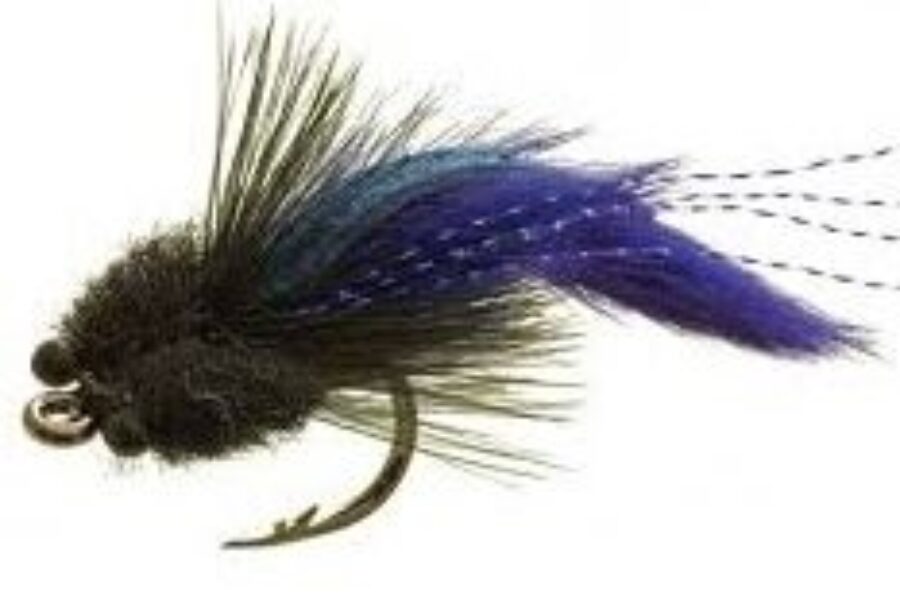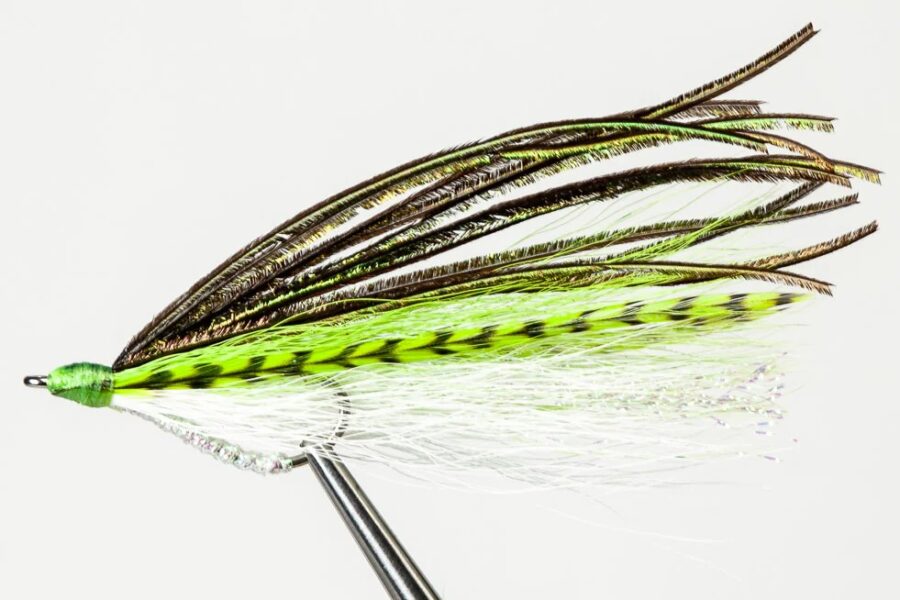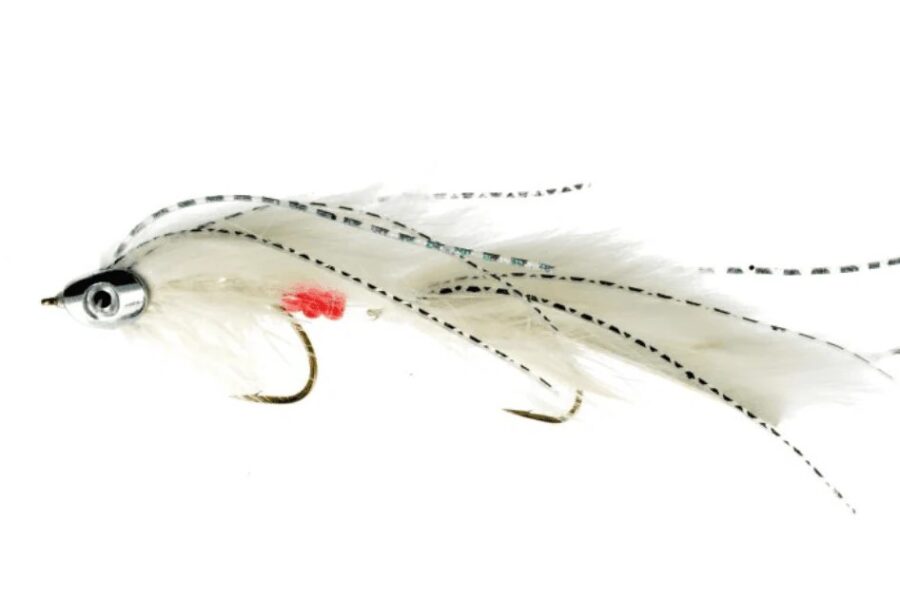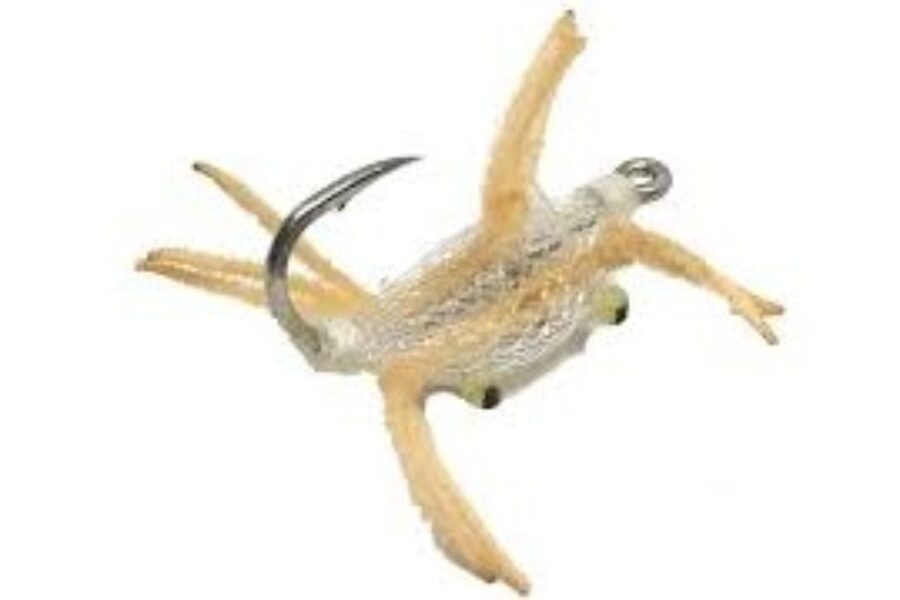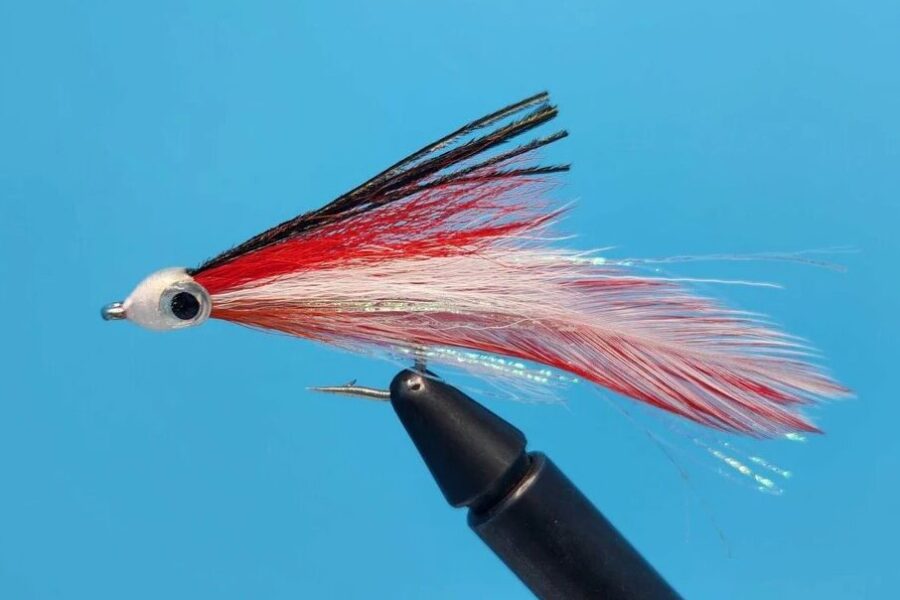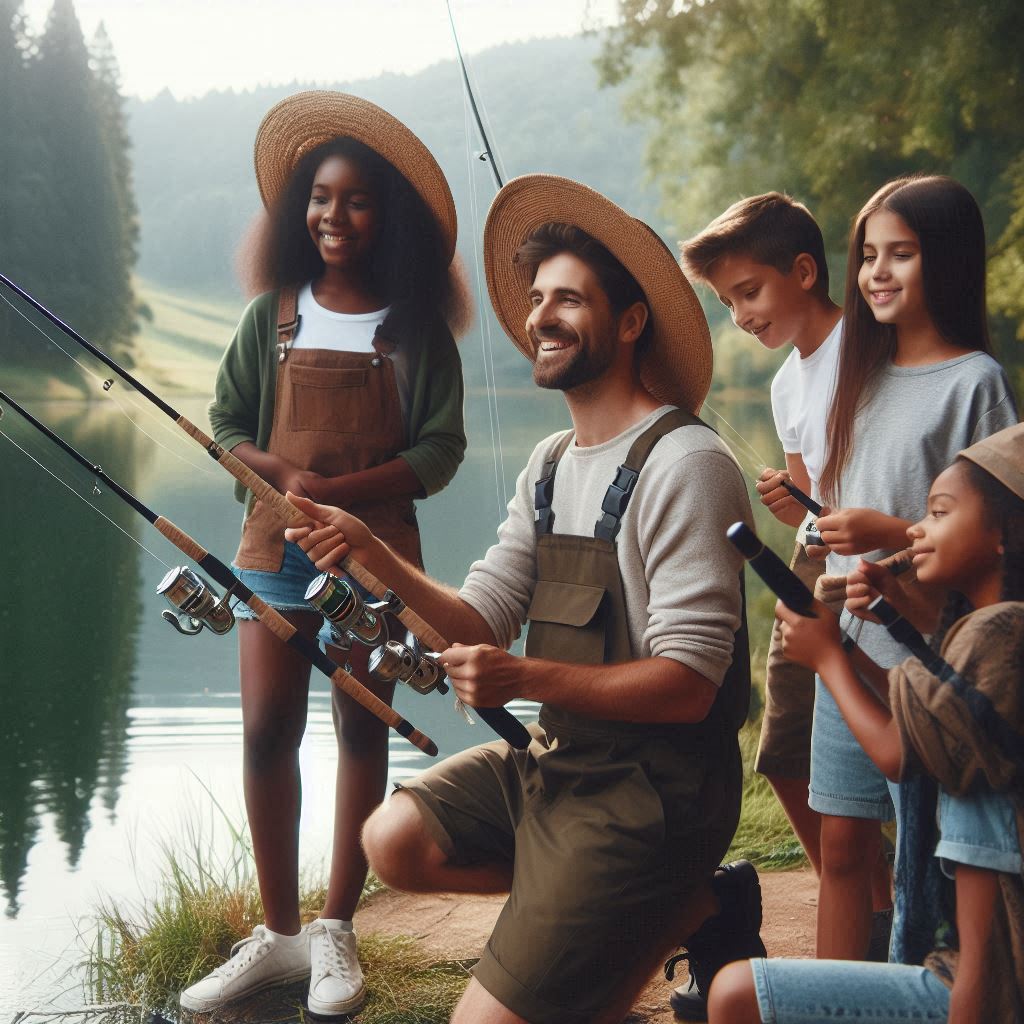Fishing Guide for Beginners
Ultimate Guide to Fishing: Expert Tips and Techniques for Beginners
Fishing is a wonderful way to spend time outdoors and connect with nature. Fishermen of every skill level can benefit from expanding their knowledge. Read this comprehensive guide to learn great fishing tips that will help you improve your skills.
Essential Fishing Safety and Equipment
Sun Protection and Outdoor Safety Essentials
Sunscreen is a vital part of your fishing equipment, regardless of temperature. The reflection of the sun off the water can intensify UV exposure, increasing your risk of sunburn. Use a high SPF sunscreen and reapply regularly throughout the day. Consider wearing UV-protective clothing and a wide-brimmed hat for additional protection.
Must-Have Fishing Gear and Measurement Tools
Fishermen should carry a scale with them on their gear. This helps you to determine which catches are worth keeping, giving you proof of your talent. It also helps ensure compliance with local size limits and regulations. Digital scales are particularly useful for accurate measurements.
Advanced Bait and Tackle Techniques
How to Choose the Perfect Bait for Any Fish
Grubs are an excellent bait for catching bass. These small lures can help you catch trophy fish. They are often used to catch both small and largemouth bass. They are perfect for fishing in high reservoirs without much coverage. The natural movement and appearance of grubs make them particularly effective. When it comes to trout fishing specifically, selecting the right fishing flies becomes even more critical for success.
Complete Guide to Trout Flies and Selection
For dedicated trout anglers, choosing between barbless trout flies and barbed trout flies can significantly impact your fishing success. Barbless patterns have gained popularity among catch-and-release anglers due to their minimal impact on fish and ease of hook removal. These flies allow for quick releases while maintaining the integrity of the fish’s mouth, making them ideal for conservation-minded fishing.
Barbed trout flies, traditionally favored for their higher hook-up retention rate, remain popular among anglers keeping fish for the table. The barb helps secure the fish during the fight, particularly valuable when targeting larger trout in challenging conditions. However, many fishing locations now require barbless hooks, making it essential to carry both varieties.
Seasonal changes dramatically affect trout feeding patterns, requiring anglers to adjust their fly selection accordingly. Spring patterns should match emerging insects as waters warm, while summer calls for larger offerings imitating terrestrial insects that fall into the water. Winter fishing typically demands smaller, more subtle presentations as fish become less active.
Quality construction should be a primary consideration when selecting trout flies. Well-tied flies using premium materials will maintain their shape and effectiveness even after catching multiple fish. While building a comprehensive fly collection takes time, focusing on proven patterns that work in your local waters is a sound strategy for both beginners and experienced anglers.
Weather and Environmental Fishing Strategies
Understanding Wind Patterns for Better Fishing
Be mindful of how wind affects fish movement patterns. You should be casting toward the wind for better control and presentation. If there is too gusty of a wind though, weight your line accordingly. Understanding wind patterns helps improve casting accuracy and lure presentation.
How Weather Affects Fishing Success
Avoid trying to fly fish when it’s very windy outside. You won’t be as effective in challenging weather conditions. Choose appropriate fishing techniques based on current weather patterns. Morning and evening hours often provide calmer conditions.
Legal Requirements and Best Practices
State Fishing License Guide
In the United States, fishing licenses are required and available in different durations. You can choose from either a day or year-long license. Ensure compliance with local regulations to avoid penalties and support conservation efforts.
Essential Fishing Ethics and Conservation
Fish will stay away from areas of water that have artificial debris and garbage in them. This will affect all fishermen’s chances of catching fish. Practice leave-no-trace principles to preserve fishing spots for future generations. When you catch a fish that seems older than others, consider releasing it. These larger specimens often contribute significantly to breeding populations.
Expert Fishing Techniques
Mastering Current and Water Movement
The natural water current is your friend when it comes to fishing. Go with any current you see. This is the best way to get your lure noticed by fish. Understanding water movement patterns can significantly improve your presentation and success rate.
Professional Lure Selection Strategies
You need to choose different lures depending on various situations. Depending on the time and part of the water you’re in, you will need different types of bait to lure fish. Each lure has its own purpose and should be used for different bass at different locations. It generally takes time and experience to find the perfect lure for specific conditions.
Safety and Trip Planning
Complete Fishing Trip Preparation Checklist
Make sure you have included everything you need before you leave for your fishing trip. Nothing can ruin your trip more than having to turn around halfway due to forgotten items. Double check that you’ve brought food, refreshments, and the proper fishing wear associated with your location.
Boat Fishing Safety Guidelines
Although boat fishing will help you locate the best fishing spots, it requires additional safety considerations. Always wear appropriate life jackets and follow proper boating protocols. While fishing can be a wonderful way to relax and de-stress, you shouldn’t go alone. If there is an accident or you break down, you’ll be better equipped to deal with it if you have a partner to help you out. Always inform someone about your fishing plans and expected return time.
Advanced Fishing Knowledge
Understanding Fish Behavior and Patterns
Always do your research before going on a fishing trip. You need to know how fish think and act if you want to catch them. Fish may not have high levels of intelligence, but they still have enough instinct to avoid being caught. Research thoroughly before trying to catch specific species to improve your odds of success.
Pro Tips for Catching Larger Fish
If you find you’re getting lots of bites in one area, consider using bigger lures to accommodate larger fish. Bigger fish are more likely to be attracted to larger lures or bait. Match your gear to your target species for best results. Keep monofilament line readily available whenever you need it. The built-in cutter is also convenient when snipping leader. Proper line management helps prevent tangles and improves efficiency.
Make sure you bring a good dose of patience on your fishing trip. This might seem like common sense, but many people give up too quickly when they don’t receive instant gratification with a fish on the line. Fishing requires patience and time, so make sure you are prepared mentally.
Purchase some locally-made fishing gear and be friendly with local anglers. The locals tend to open up to people who seem interested in their area. They are more likely to give great tips and maybe even invite you to fish with them.
By now, you should be feeling more confident in your skills and abilities on the water. Next time you decide to go fishing, remember these comprehensive tips. Before you know it, you will have caught tons of fish, and hopefully these guidelines were able to help you achieve success on the water.

